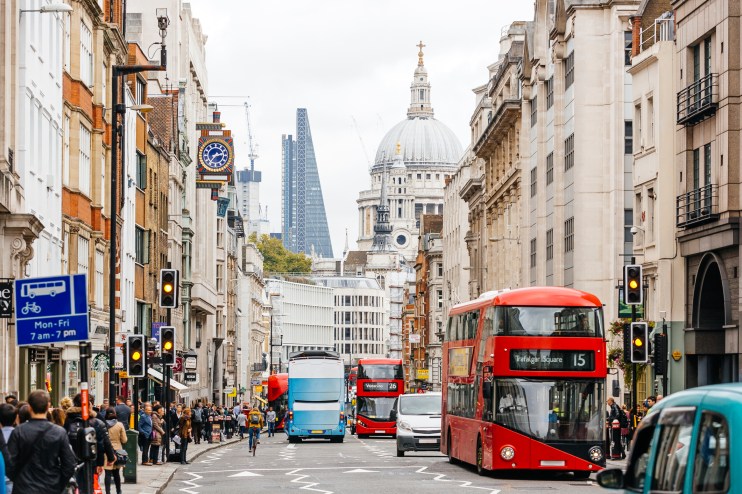UK must create hostile environment for kleptocrats to reduce influence of dirty money, argues Chatham House

The UK must create a hostile environment for the world’s kleptocrats to fix its reputation as a hotbed of dirty money, argues Chatham House in a report published earlier this week.
The think tank has demanded a new measures from the government to clamp down on kleptocracy and corruption.
This includes removing legal loopholes, establishing transparency in public institutions, deploying anti-corruption sanctions against post-Soviet elites and prosecuting British professionals that enable money laundering by kleptocrats.
In its latest report focusing on corruption, dirty money, and hostile political agendas – “The UK’s Kleptocracy Problem” – the think tank describes the country as a playground for post-Soviet elites, using British services to protect their interests and spread their wealth and influence across national institutions.
It argues that the UK has failed to prevent kleptocrats from buying influence and from subverting regulations and laws, which also need reform.
Chatham House believes the situation is materially and reputationally damaging for the UK’s rule of law and to the UK’s professed role as an opponent of international corruption.
In particular, it points to Westminster, and suggests the governing Conservative party, could be open to influence from wealthy donors who originate from post-Soviet kleptocracies, and who may retain fealty to these regimes.
It also notes wealthy kleptocrats are utilising charitable donations directed at universities and charities to clean up their reputations – with donations secretly processed with insufficient due diligence.
Alongside the concerns of oligarchs and ultra-rich investors influencing institutions, Chatham House singles out the UK’s National Crime Agency for failing to investigate and enforce laws concerning money-laundering, leading to flawed courtroom judgements with expensive lawyers routinely defeating regulators
The think tank also slams the UK’s reliance on private sector professionals to conduct anti-money laundering checks.
It outlines a worst of both worlds situation with banks over-reporting suspicious activity and creating backlogs of reports for UK authorities, while non-financial providers often under-report and fail to take due diligence.
The report also highlights wealthy elites using libel actions, quasi-defamation cases, and public relations agents against journalists and researchers criticising kleptocrats operating in the country.
Chatham House argues the UK has a “long road ahead” to address the risks from its servicing of post-Soviet elites and suspicious capital.
It said: “The UK government needs to enforce its laws; create better oversight of regulated sectors; crack down on those who are shown to have enabled money laundering; stop giving visas, residency and citizenship to those suspected of grand corruption; and ensure that journalists and researchers have the freedom to report on the actions of these individuals.”